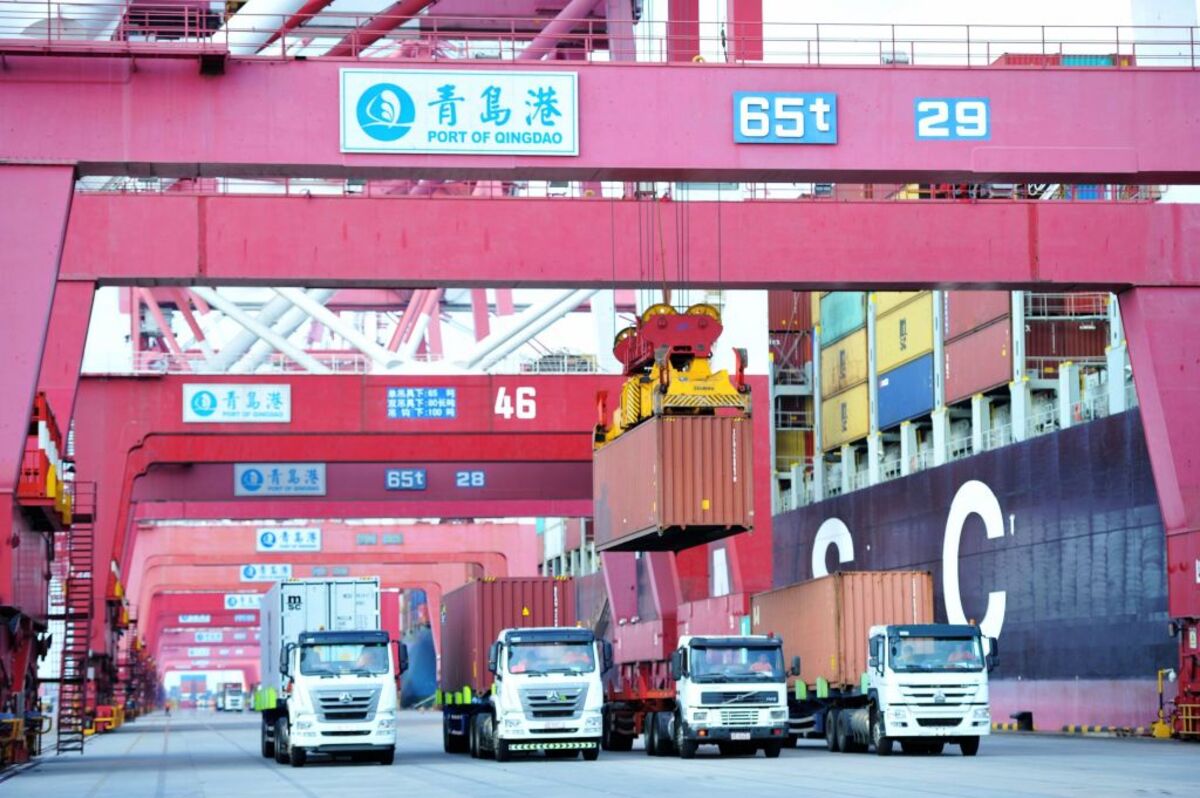Tata Steel has sent the British government scurrying into action after the Indian firm put its
UK assets up for sale and left more than
15,000 jobs at risk.
Debate has centred on whether the state should provide
incentives to potential buyers, and how it should respond if
no buyer can be found. The temptation is to protect the industry from
“unfair” competition, but to intervene as little as possible so that
markets can find some balance and the industry can rescue itself.
However, the experience of the US steel industry in the economic doldrums of the 1970s and 1980s shows what a painful path that can be.
From 1974 to 1986, the American steel industry was mired in a deep
depression. The primary cause was the ten-year economic downturn sparked by the
OPEC oil embargo and the
Iranian revolution. During these recessions consumer markets contracted significantly and demand for steel weakened considerably. With markets for steel shrinking, America’s integrated steel manufacturers were forced to
cut their production and sell steel at
unprofitable prices.
Clearly, these conditions were not conducive to turning a profit and America’s steel firms lost a large amount of money on every tonne of steel that they sold for much of this period (in 1982 alone these losses amounted to
US$3 billion)
As they sought to reduce their enormous losses America’s eight largest steel firms laid off large numbers of their workers and permanently closed a number of steel mills. The figures themselves are staggering. Between 1979 and 1982 more than
150,000 steelworkers were made redundant and hundreds of steel facilities were closed. Convinced that something needed to be done to ease their economic woes,
steel producers also asked the government to impose trade restrictions and to take action to prevent foreign dumping.
Restrictions
In an era supposedly defined by growing belief in the sanctity of the free market, the US government proved pragmatic. In
1977 and again in
1979 President Jimmy Carter’s administration established minimum prices at which foreign-produced steel could be sold. In
1984, when it seemed as if the whole industry was on the brink of extinction the Reagan administration tightened America’s trade policies further by negotiating quotas with foreign countries.
Although both Reagan and Carter took steps to protect domestic steel producers from foreign competition, they ruled out much more interventionist and costly schemes that would have transformed the industry.
The Carter administration, for example, refused to provide financial support to a group of community leaders in Youngstown, Ohio who were attempting to buy mills that America’s largest steel corporations had abandoned. Convinced that plant shutdowns were inevitable and that the nation’s largest steel corporations needed to tackle their own problems
Carter also dismissed a US$10 billion publicly funded modernisation plan that was suggested by a government taskforce.
Adopting a similar hands-off approach, the Reagan administration also refused to bail out the steel industry, allowed two of America’s largest steel makers to
declare bankruptcy and rejected calls for
further protection from imports.
Unable to count on the government for direct financial support America’s largest steel producers were left with no choice but to resolve their economic woes and competitive problems on their own. Setting about saving the companies that they led, steel executives closed factories that they regarded as uncompetitive or too expensive to modernise, slashed their workforces, and demanded that their remaining workers take wage and benefits cuts.
The
massive restructuring campaigns that America’s largest steel producers undertook in the 1980s proved successful, at least from the perspective of the business community. Companies that had spent most of the 1980s struggling survived the deep industrial depression of the late 1970s and early 1980s. Indeed, in
1987 the largest steel producers even reported profits and business analysts started to study the industry’s remarkable rebirth.
Yet, the steel industry’s rejuvenation was not a straightforward story of success. The reality of the US steel industry’s reinvention was that employment and production were slashed dramatically. In total, nearly
300,000 steelworkers lost their jobs between 1976 and 1986. In places like
Youngstown, and
Gary, Indiana, whole communities were left devastated by plant closures. As such, while the US steel industry did survive the crises of the 1970s and 1980s it did not do so unscathed.
